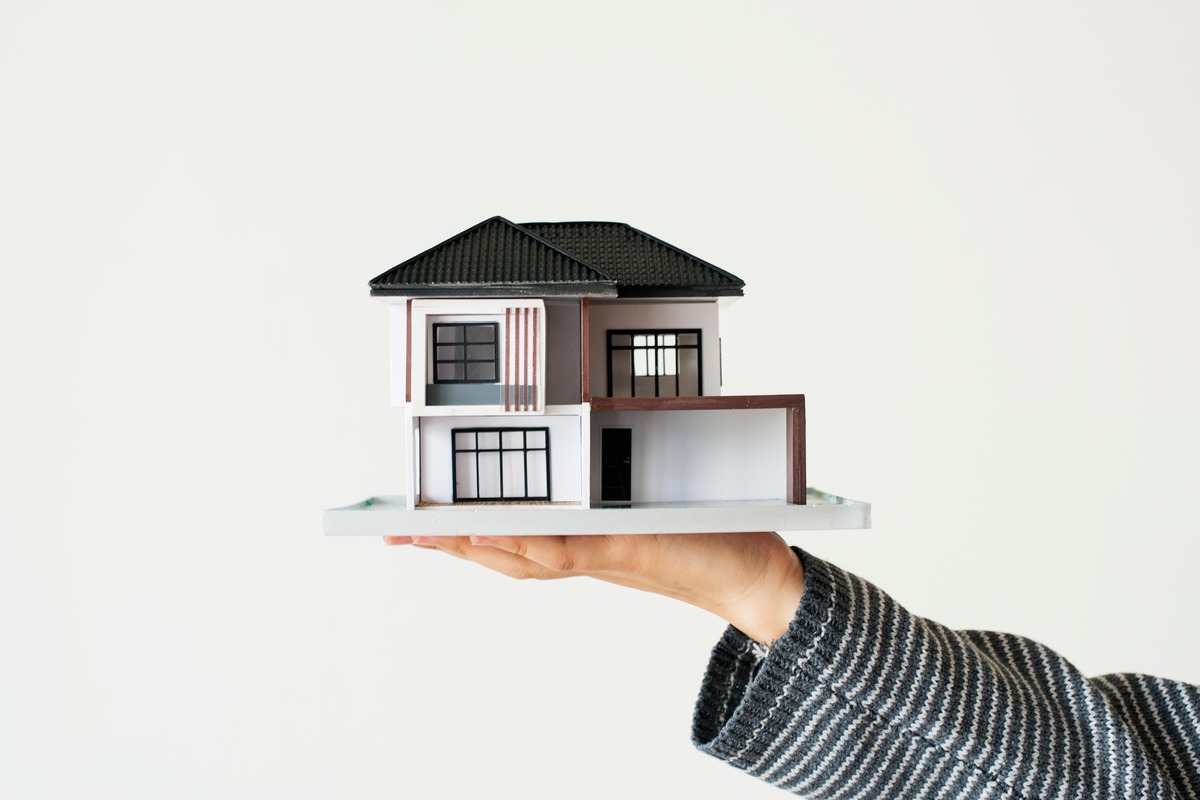Understanding the factors that determine the value of a house and lot is crucial in today’s real estate market. Whether you’re a buyer, a seller, or a homeowner, knowledge of these factors will help in making informed decisions. This information acts as a comprehensive guide, doesn’t just aid in appraising the worth accurately but also prepares you for market fluctuations. In this article, you’ll gain valuable insights about the key factors that significantly impact a property’s value.
Packed with helpful details, this guide aims to empower you with practical knowledge you can use whether you’re diving into real estate investment or maximizing your property’s worth. So let’s delve into the seven essential factors that affect the value of a house and lot.
Location
The saying “location, location, location” remains a critical mantra in real estate for good reason. It’s a prime determiner of a property’s value. The value of your house and lot can rise significantly if it’s located in a desirable area. This could mean proximity to key amenities such as shopping centers, hospitals, schools, and transport links.
Properties in quiet, safe neighborhoods with less traffic and noise also tend to be more valuable. Even within the same city or district, the value can fluctuate depending on the street the property is located. So when assessing a house and lot, remember to study the location as its impacts on the value can’t be changed.
Size of the Property
The size of the property plays a vital role in its valuation. Typically, larger properties tend to be more expensive. Both the footprint of the house and the total lot size factor into this. The number of rooms, especially bedrooms and bathrooms, can significantly sway a property’s worth.
However, the size value is often relative to location. In densely populated urban areas, a smaller lot might command a higher price than a larger one in a more rural area. It’s crucial to think about how the size of a house and a lot will affect its practicality and potential uses, as these will be key considerations for any prospective buyer.
Age and Condition of the House
The age and condition of a house are significant considerations when determining value. Newer homes tend to have a higher value because their structural integrity is intact, and they often require fewer repairs. However, an older home that’s well-maintained or one with historical or architectural significance can also command a high price.
The condition of the house plays an immense role in its value, regardless of its age. A neglected property often means major repairs, extra costs, and a decreased value. That’s why regular maintenance, addressing issues ranging from fixing leaks to repainting walls, can pay off in preserving and even enhancing your property’s value.
Economic Climate
The current state of the economy has a significant bearing on the real estate market, and thus, the value of your house and lot. In times of economic stability and growth, more people have financial confidence, which can increase demand for properties and push up their prices.
Conversely, in periods of economic uncertainty or recession, property values can decline as fewer buyers are in the market. Interest rates, employment rates, and consumer confidence are among the economic indicators that can influence the property market. For this reason, staying tuned to economic trends could help you make a strategically timed buy or sale, boosting your financial gains.
Architectural Style and Specific Features
The architectural design and specific features of your house can distinguish it in the market, influencing its value. Unique design elements or coveted features can add to a property’s appeal and worth. Homes that embody a highly sought-after style, feature high-quality finishes, or have unique characteristics like energy-efficient modifications, can demand higher prices.
An open floor plan, ample natural light, or a well-designed outdoor space can also make a house more enticing to potential buyers. Remember, it’s not just about having the features; the style and execution need to appeal to the average buyer’s taste.
Neighborhood and Surroundings
The neighborhood and surroundings of a property are essential factors that can affect its value. A house and lot situated in a well-maintained, visually appealing neighborhood often has a higher value. Elements such as the quality of nearby schools, the prevalence and nature of local businesses, available public services, and the overall safety and crime rates of the area can greatly impact the value of your property.
Even aspects like the presence of green spaces, such as parks or community gardens, can contribute to your property’s marketability. Assessing these factors equips you with realistic expectations about the value of your house and lot.
Renovations and Improvements
Investing in renovations and improvements to your property can significantly raise its value. Upgrades like modernizing the kitchen or bathroom, adding energy-efficient appliances or systems, and enhancing curb appeal can make your home more attractive to potential buyers.
However, it’s key to make renovations that align with buyer preferences in your location. Over-personalizing or over-improving beyond the norm for your neighborhood could cause difficulty in recouping your investment.
Simply put, smart and tasteful improvements can boost the appeal and value of your property, but steer clear of overcapitalization. Consider your market and the potential return on investment when you make improvements.
Key Takeaway
As you navigate the property market, understanding the key factors that determine the value of a house and lot is vital. From the location of your property to its size, the age and condition of the house, the economic climate, architectural style, neighborhood, and enhancements made, all play unique roles in shaping your property’s worth.
By having a comprehensive understanding of these factors, you can make informed decisions, whether you’re buying, selling, or just looking to enhance the value of your property. Remember, knowledge is power – and when it comes to real estate, it just might be the key to unlocking the value in your home.


